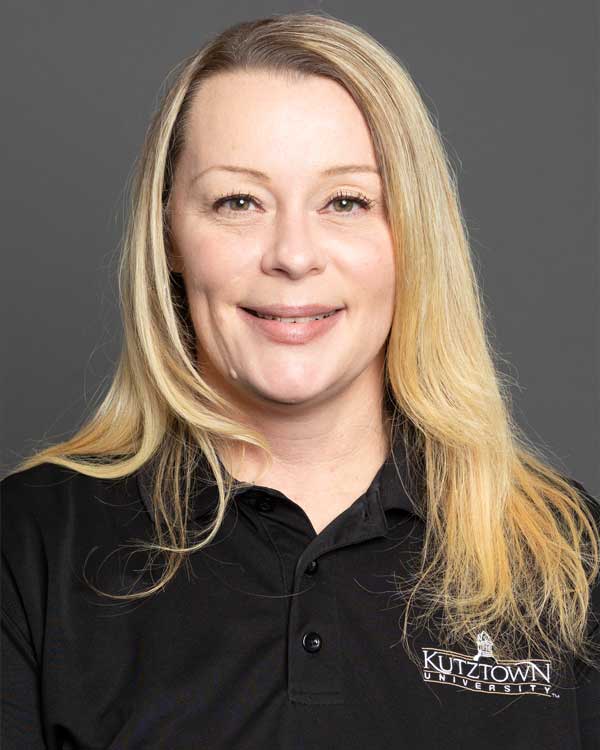Title IX
Title IX of the Education Amendments of 1972
No person in the United States shall, on the basis of sex, be excluded from participation in, be denied the benefits of, or be subjected to discrimination under any education program or activity receiving federal financial assistance.
Title IX of the Education Amendments of 1972.The Office of Social Equity is responsible for enforcing Title IX and handling all reports of Sexual Misconduct at Kutztown University.
Sexual Misconduct includes:
- Sexual Harassment
- Sexual Assault
- Sexual Exploitation
- Dating violence
- Domestic Violence
- Stalking
- Retaliation

Title IX Coordinator
Bradley A. Davis, Esq.
Director of Equity & Compliance
(610) 683-4700
TitleIX@kutztown.edu
Old Main 02A
Office Hours:
Academic Year: Monday-Friday - 8 a.m.-4:30 p.m.
Summer: Monday-Friday - 8 a.m.-4 p.m.
Deputy Title IX Coordinators
Reports of Sexual Misconduct may also be made to the Deputy Title IX Coordinators. The following employees have been designated as Deputy Title IX Coordinators:

Jenni Rach, rach@kutztown.edu
Deputy Title IX Coordinator for Students

Missi Moon, moon@kutztown.edu
Deputy Title IX Coordinator for Housing and Residence Life

Vacant
Assistant Director of Human Resources
Deputy Title IX Coordinator for Employees

Laura Fenimore, fenimore@kutztown.edu
Deputy Title IX Coordinator for Greek Life & Student Organizations
- Trained Title IX Advisors
- Resources and Supportive Measures
- Sexual Misconduct Policy
- Title IX Rights and Responsibilities
Sexual Misconduct FAQs
Kutztown University does not discriminate in employment or educational opportunities on the basis of sex, race, ethnicity, national origin, age, disability, religion, sexual orientation, gender identity or veteran status. To discuss a complaint of discrimination, please contact the Office of Social Equity, Old Main A-Wing, Room 02, by phone at 610-683-4700 or by email at pena@kutztown.edu. Pursuant to Title IX of the Education Amendments of 1972, Kutztown University does not discriminate on the basis of sex and prohibits sex discrimination in any education program or activity that it operates, including admissions and employment. Any inquiries regarding the application of Title IX at Kutztown University may be made to Bradley Davis, the university’s Title IX coordinator, located in Old Main A-Wing, Room 02A, by phone at 610-683-4782 or by email at titleix@kutztown.edu. You may also contact the Office for Civil Rights located in the Lyndon Baines Johnson Department of Education Bldg., 400 Maryland Avenue, SW, Washington, DC 20202-1100, by phone at 800-421-3481 (TDD: 800-877-8339), by fax at 202-453-6012, or by email at OCR@ed.gov.






